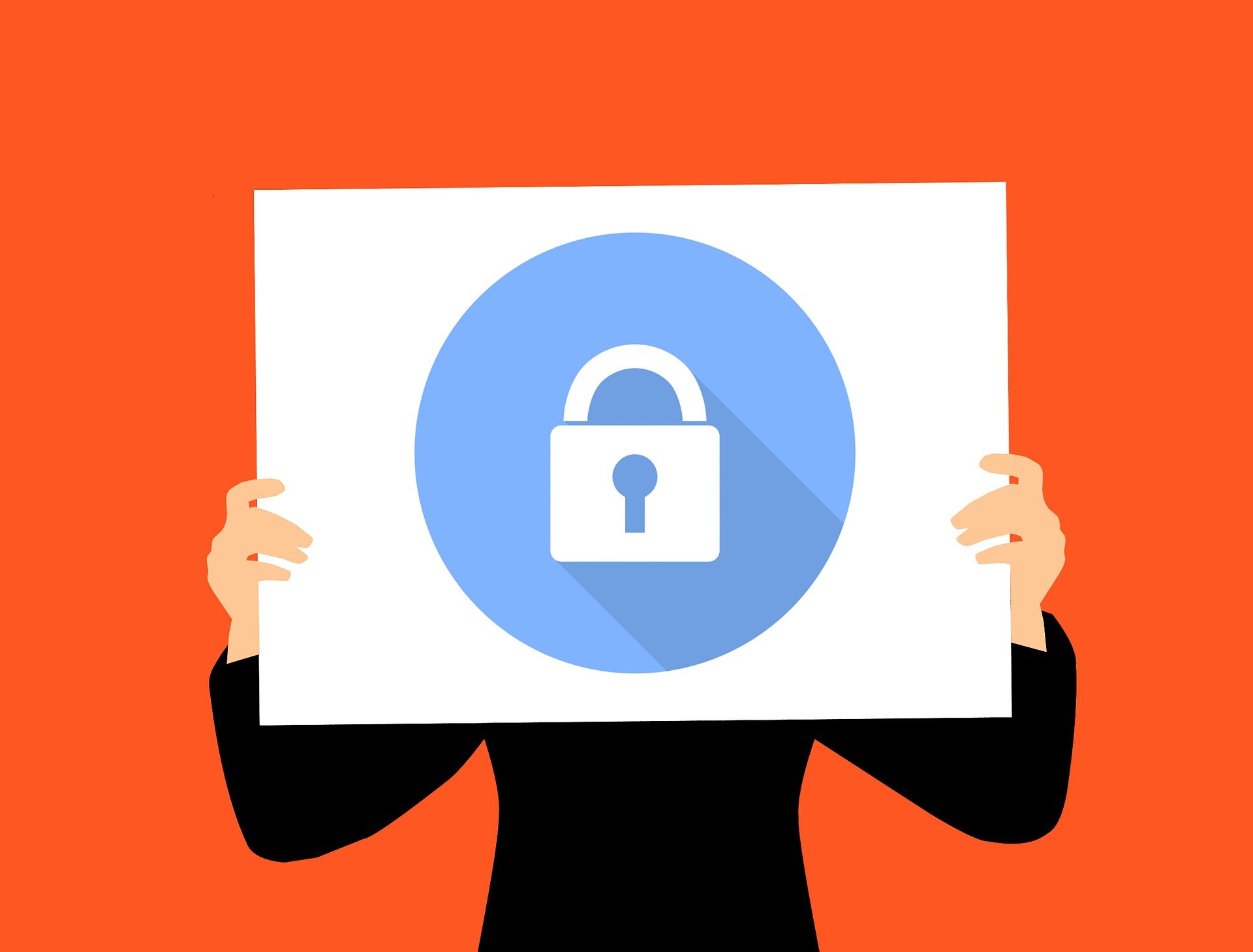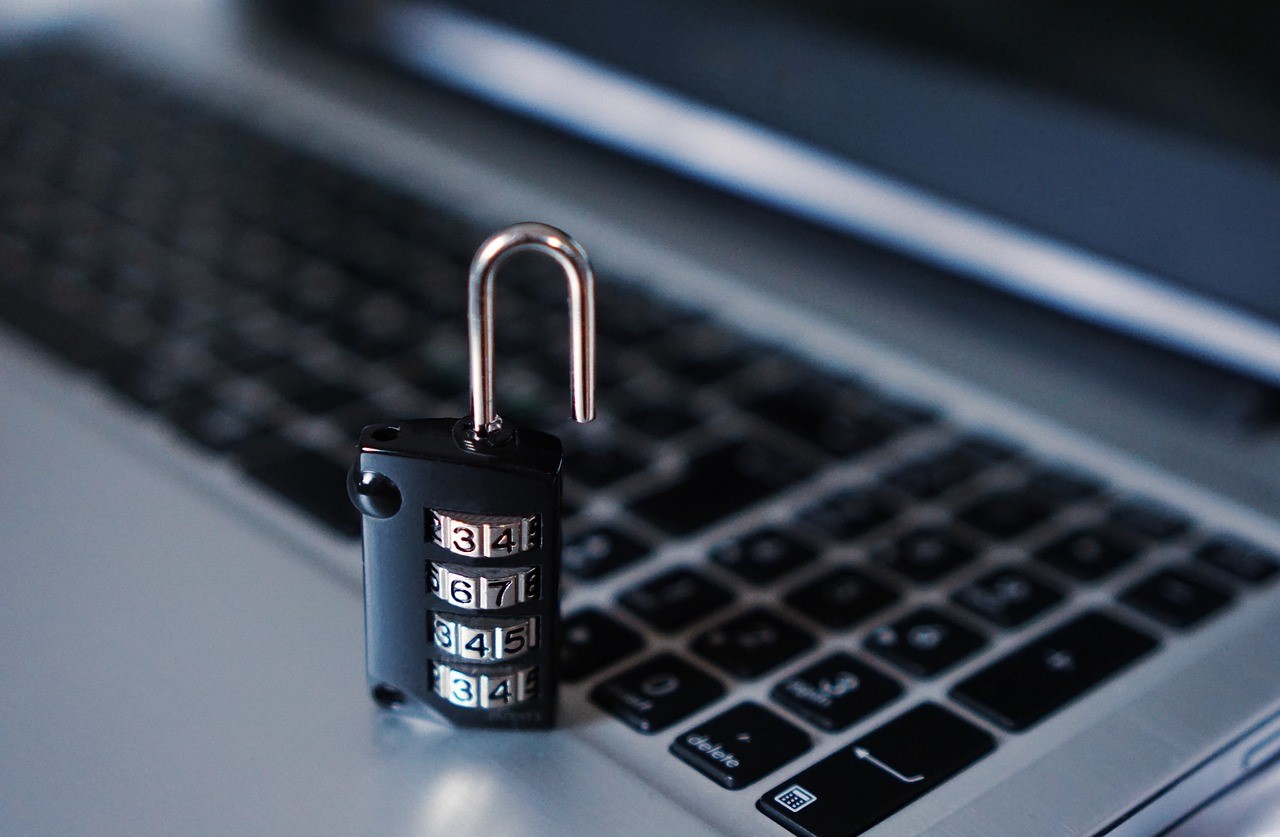Why Cybersecurity Strategy Matters to Startups And Small Businesses and How to Implement it
 As a startup or small business owner, you may not think much about cybersecurity. Cybercriminals would not stand to gain much by hacking your business, right? Wrong. This is why small businesses are targets - their cybersecurity is often outdated or nonexistent.
As a startup or small business owner, you may not think much about cybersecurity. Cybercriminals would not stand to gain much by hacking your business, right? Wrong. This is why small businesses are targets - their cybersecurity is often outdated or nonexistent.
In today’s digital age, where just about every business activity relies on being online in some manner, everyone’s a target.
Increasing Amount of Fraud
The Federal Communications Commission reports that the theft of digital data is now the most common type of fraud. In fact, there have been more instances of stealing digital data than physical items. With the theft of digital information so high, it doesn’t take much to figure out that a business of any size is a good target.
Small businesses may, in fact, be more susceptible to data breaches than larger corporations because they have fewer safeguards in place, so hackers target them more often.
Ways you are Vulnerable
Your small business is vulnerable to several threats:
● Ransomware - a malicious code that blocks you from accessing your website or databases, pending payment of a particular sum of money. The time to make a payment is often limited, and the affected device’s data is wiped clean if you don’t comply in time.
● Phishing - most commonly done via email. Hackers send a malicious email containing a link or attachment that would lead to ransomware if clicked on.
● Direct Denial of Service (DDoS) attacks - A DDoS attack comes when a very large number of sources bombard your website with requests for access, all at once. This causes your server to become overwhelmed and inaccessible to your users.
● Data breach - A breach in customer data can damage your reputation and make it less likely that people will trust you again. Besides, with GDPR in effect now, all businesses that conduct their sales or otherwise do business with EU residents can suffer major financial sanctions.
● Drive-by downloads - which occurs when a malicious website remotely installs software on your computer. This most often happens when businesses lack the right security systems.
● Watering holes - Your website becomes a watering hole when a hacker gains access and modifies its code to use for malicious purposes.
As you can see, even startup businesses face quite a lot of online threats. The above ones are just the most common ways of attack. It’s important to take these threats seriously as they might cripple your business.
The Denver Post reports that 60% of all small businesses close up shop within six months of experiencing a cyber attack.
Real-Life Example
A real-life example of how cybersecurity can affect a business happened in the United Kingdom in November 2016.
That’s when a group of hospitals, affected with a computer virus, ceased all operations because the institutions were helpless. Three of the hospitals remained inoperable for five days, resulting in patients being turned away at the door. Over 2,800 appointments and procedures had to be canceled or postponed.

Image by TheDigitalWay from Pixabay
Here, a mere computer virus held the power of life or death over people. There’s no reason to think the same type of cybersecurity breach might not affect your business, just because you do not operate on the same scale as a hospital.
Cybersecurity: Best Practices for Small Business Owners
To keep your business safe, you must implement a cybersecurity plan that can address the most susceptible issues:
#1. Regular Software Updates
It’s easy to skip software updates because you feel they are too bothersome or you might even find they are unnecessary.
Why update if everything’s still working?
Well, the latest software and patches exist for a reason: the update solves loopholes and bugs that might have been used as access points by hackers.
Updates and patches counteract known vulnerabilities, so implement them as soon as they are released. Consider hiring an IT team to help you, or finding Software as a Service (SaaS) solutions to ensure you always have the most recent updates.
#2. Employee Awareness
It’s important for employees not to have a relaxed attitude about cybersecurity. That’s why you must place an emphasis on good security and provide ongoing training to ensure that everyone is on board.
Part of that emphasis should involve setting a strong password, updating it frequently, never sharing it with others, and knowing how to spot phishing attempts.
#3. Installing a Good Firewall
A solid firewall is your first line of defense against hacking.
The right firewall can protect your IT systems against malware programs, which can allow for “back door” entry for more malicious code. With the right firewall in place, you are less likely to experience a data breach or drive-by download.
#4. Consider your BYOD Policy
There are many advantages to allowing employees to use their own devices, the most common one being fewer expenses for you.
While you can save a pretty penny with a BYOD policy, you can lose even more if your policy doesn‘t include the right cybersecurity solutions.
External devices increase your vulnerability to cyber threats. If you allow workers to bring their own devices to work, insist that they set up automatic security updates and have policies in place that specify how, when, and where they may use their device.
#5. Implement Multi-Factor Identification Procedures
As an added layer of security, consider implementing multi-factor authentication (MFA) or Two-Factor Authentication (2FA) on all your devices.
For example, you could require employees to enter both a password and a generated code from their phone. This makes it next to impossible for unauthorized users will gain access since they won’t have access to the code that’s generated on the spot.
#6. Back up your Data
Even the best cybersecurity strategy cannot guarantee there will not be any data losses. You should back up your data regularly, to include information stored in the cloud.
Always secure safe, off-site storage for your backed-up data. That way, if you experience a fire or natural disaster, you won’t lose any information you have stored.
Besides backing up your data, also perform regular checks to see that your backup process works. It’s better to find out beforehand than after something happens that requires you to rely on your backed-up information.
Ideally, check your system at least once a month, or more often if you handle sensitive information.
Cybersecurity: An Essential Part of your Small Business Strategy
With so much at stake, you cannot afford to ignore cybersecurity for your startup business. Implementing best practices for cybersecurity will provide you with the best protection possible against the inevitable attack on your business.
Being prepared could mean the difference between whether your company succeeds or succumbs to heavy losses.
Lisa Michaels is a freelance writer, editor and a striving content marketing consultant from Portland. Being self-employed, she does her best to stay on top of the current trends in the business world. Feel free to connect with her on Twitter @LisaBMichaels.

 Delicious
Delicious Digg
Digg StumbleUpon
StumbleUpon Propeller
Propeller Reddit
Reddit Magnoliacom
Magnoliacom Newsvine
Newsvine
Comments
Post new comment